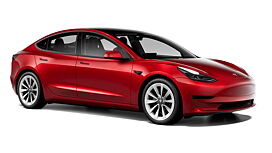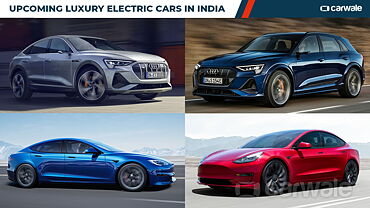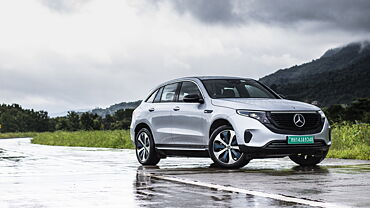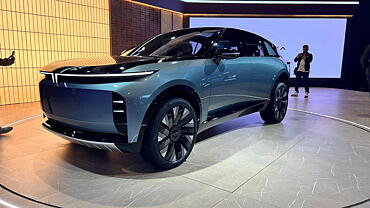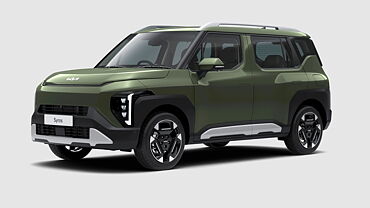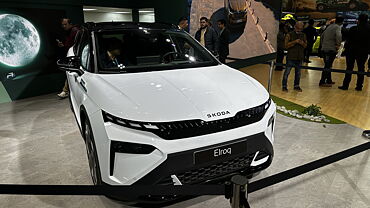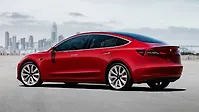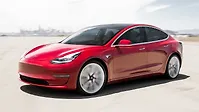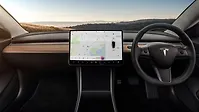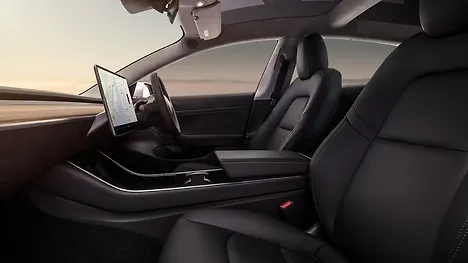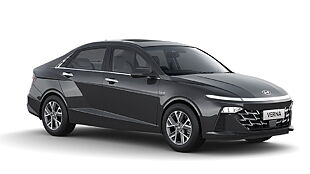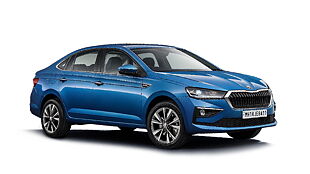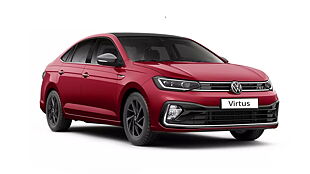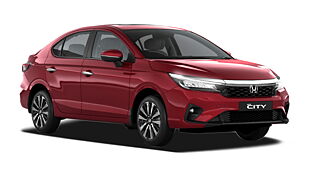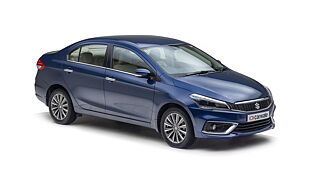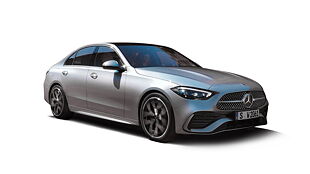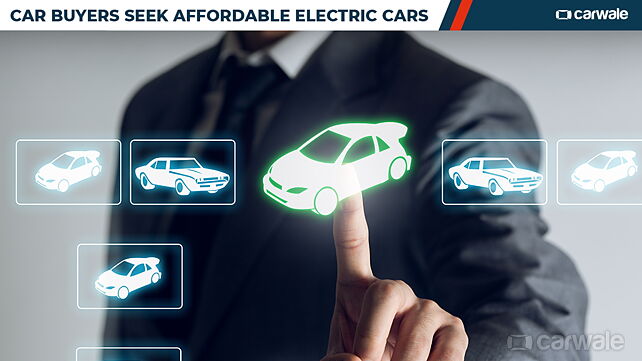
- Apart from high vehicle cost, infrastructure limitations are also a deterrent to electric car sales
- A majority of the buyers will opt for an electric vehicle out of environmental concerns
In our previous story, we had mentioned how environment-conscious buyers will contribute to electric car sales. To learn more about, click here. The study revealed that 56 per cent of car buyers will opt for an electric car if it is priced similar to a petrol or diesel vehicle. Among the ones interested in an electric car, 73 per cent of the buyers will do so out of environmental concerns.

In the last few years, India has been facing the heat of a constant rise in petrol and diesel prices. Unquestionably, electric mobility is the future and almost all global car manufacturers have been actively working on electric projects. However, the majority of the components that are required for an electric vehicle are not locally produced and have to be imported from international markets. This further adds up to the cost of the final product and as seen in the past, an electric vehicle inevitably costs more than a vehicle powered by a conventional engine.

Another reason why customers have replied in the negative is because of infrastructure limitations. Currently, only a bunch of electric charging stations are available in the country and that too within the city limits. Apart from this, limited driving range has also been a deterrent for prospective buyers. That said, even with the above-mentioned limitations, a healthy percentage of the buyers are willing to opt for an electric vehicle if it is priced similar to conventional petrol or diesel vehicle. In recent times, the Indian government is actively working with car manufacturers to offer tax benefits and easy finance options. Moreover, we expect to see localised production of electric vehicle components under the Make in India initiative. This is expected to further reduce the final cost of an electric vehicle.

The findings are based on a 10-day survey conducted from 1 November to 10 November, 2019. Among 1,70,588 respondents, 80 per cent of the population comprised of prospective buyers. And, about 85 per cent of the buyers were in the age group of 18 to 45 years.


